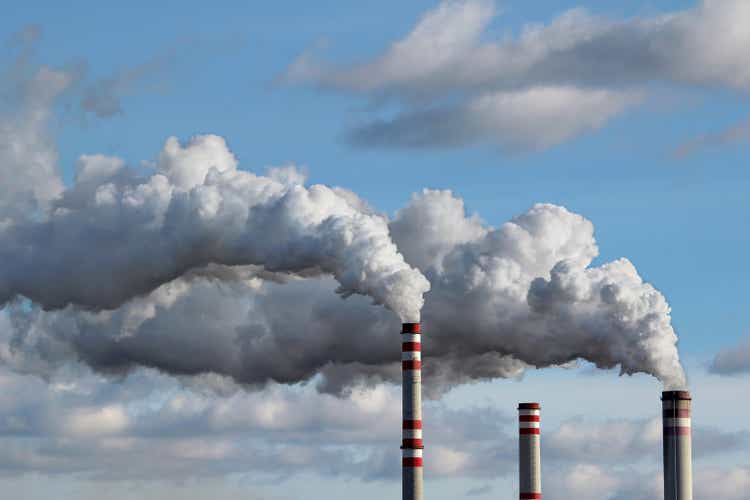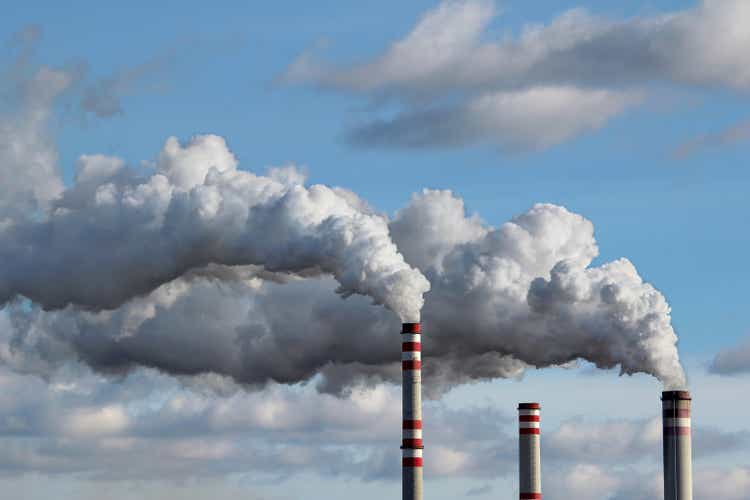
a pillow
The U.S. Supreme Court issued two far-reaching rulings this week that upend decades of government regulatory frameworks and have implications for environmental and energy policy.
First, the Supreme Court struck down 1984 precedent in Chevron v. Natural Resources Defense Council, which gives federal agencies wide latitude in deciding how to regulate the energy sector and other industries.
By waiving this doctrine, the justices gave parties dissatisfied with agency decisions greater opportunities to overturn regulations by convincing federal judges that agency officials exceeded their authority.
Many rules and programs related to environmental regulation could be at risk if Chevron does not respect; portions of the Inflation Reduction Act, including guidance related to tax credit eligibility, rules promulgated under the Clean Air Act , regulations guiding the management of public lands, etc., may be vulnerable to legal challenges.
Wells Fargo analyst Roger Reed said in a note that eliminating Chevron would be a positive outcome for the oil and gas industry because most efforts to reduce fossil fuels and their carbon emissions rely heavily on administrative interpretation, rather than congressional action.
Reed wrote that the Supreme Court’s ruling will not stop the energy transition, but it should change its path and pace because it means Congress will need to pass specific legislation to force changes in the way energy is produced and consumed.
The court also struck down the Environmental Protection Agency’s “Good Neighbor” plan, which would have severely limited smokestack emissions from power plants and other industrial sources in 11 states, as well as air pollutants that the EPA said could drift downwind into other states.
The Biden administration says the rule will protect the health of people in downwind states affected by emissions from their neighbors; challengers say the rule will cost billions of dollars and force generators to retire early, threatening the reliability of the grid.
ETF:(NYSE:XLE), (XOP), (IYE), (ICLN), (QCLN), (PBW), (PBD), (ACES), (CNRG), (ERTH), (SMOG)

